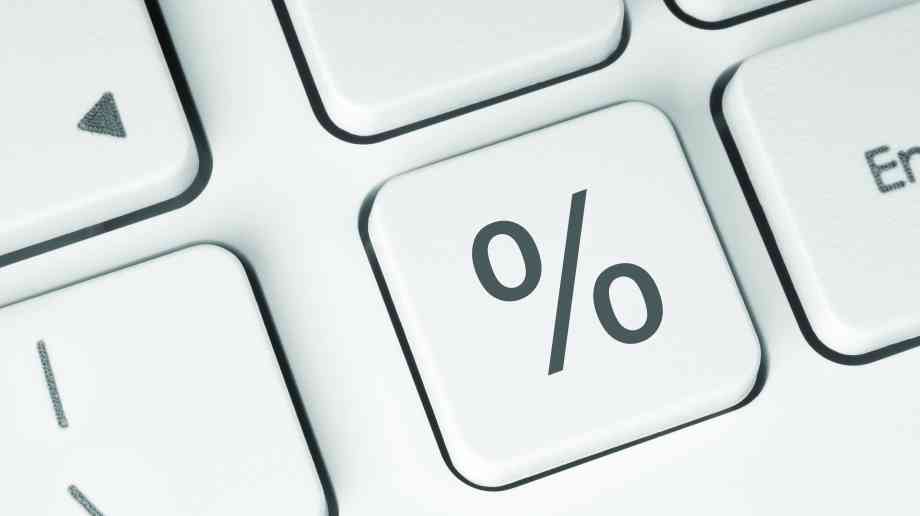Sue Robb of 4Children talks to Julie Laughton and Alison Britton from the Department for Education about the role of childminders in delivering the 30 hours free entitlement.
Rise in National Insurance payments takes effect

The burden of tax falling on workers and employers has increased as of 6 April, as the hotly-debated rise in National Insurance payments takes effect.
Earmarked for government spending on social care, employees, businesses and the self-employed will pay an extra 1.25p in the pound. The earnings levels at which people start to pay income tax have been frozen, increasing the chances of employees being dragged into a new band - with a higher rate of tax - if they receive a pay rise.
The move, first announced in September 2021, means that instead of paying National Insurance contributions of 12 per cent on earnings up to £50,270 and two per cent on anything above that, employees will now pay 13.25 per cent and 3.25 per cent respectively. The self-employed will see equivalent rates go up from nine per cent and two per cent to 10.25 per cent and 3.25 per cent.
In the Spring Statement, Chancellor Rishi Sunak discussed plans to allow workers and the self-employed to earn more before they start making National Insurance payments. This will take effect in July.
An increase in the tax on dividends is also coming into effect, to add to the funds channelled by the government into the NHS and social care.
Company Focus
Located in Bromley, Japanese Knotweed Eradication Ltd has been providing solutions in the treatment and removal of Japanese Knotweed (Fallopia Japonica) for over a decade. During this time we have mastered a repertoire of methods, from herbicidal treatments to landscaping solutions, tailored to address the unique challenges our clients face with this pervasive weed.
Event Diary
UKREiiF has quickly become a must-attend in the industry calendar for Government departments and local authorities.
The multi-award-winning UK Construction Week (UKCW), is the UK’s biggest trade event for the built environment that connects the whole supply chain to be the catalyst for growth and positive change in the industry.
Supplier Profiles
Geo Energy
At GeoEnergy Design, we're on a mission to disrupt the traditional way heating and cooling ha
Latest Features
Professor Harith Alani, director of the Knowledge Management Institute at the Open University explains how AI can be used for good and bad.
Alex Lawrence, head of health & social care, techUK sets out techUK’s Five Point Plan for CareTech.

















